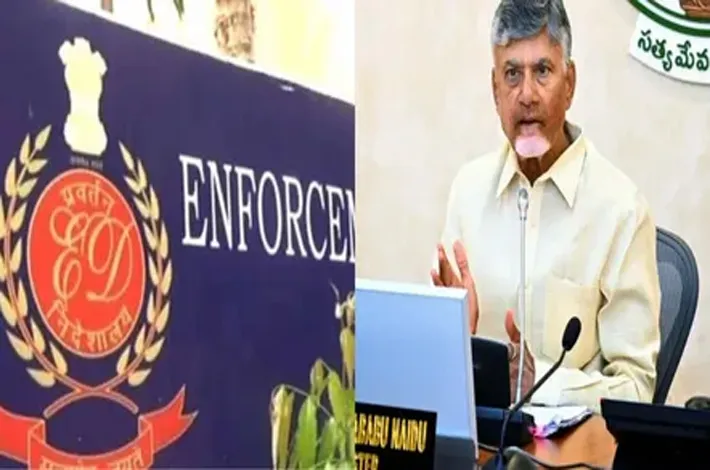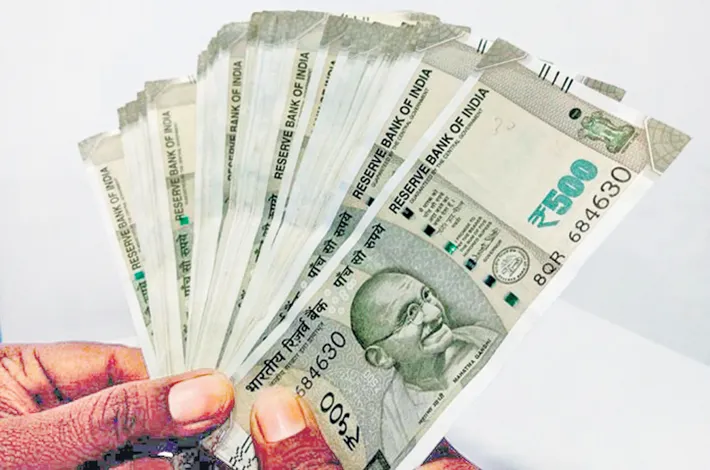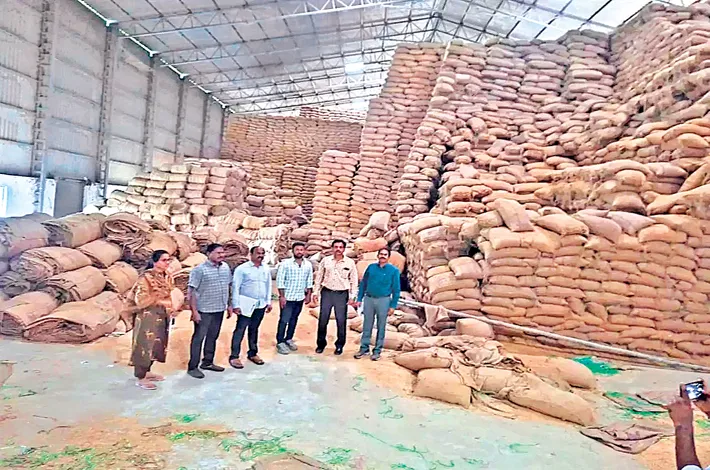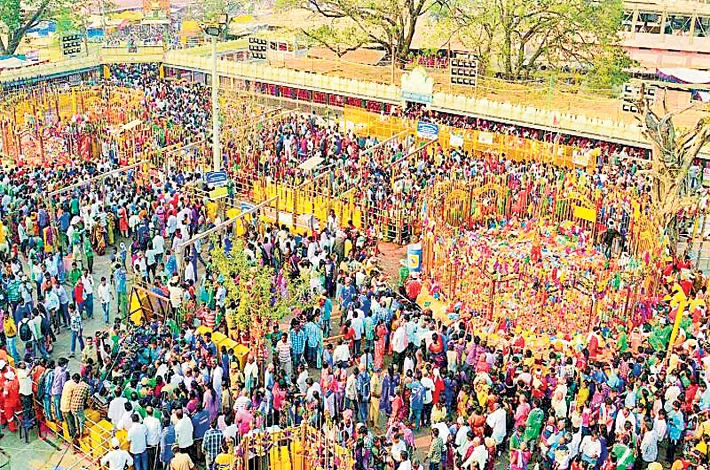Resilience and reinvention
07-02-2025 12:00:00 AM
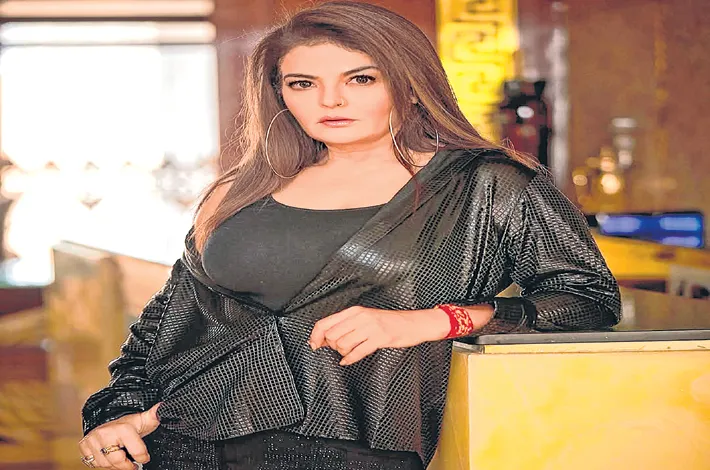
Actress Sheeba Akashdeep Sabir opens up about the ever-evolving film industry
Ria Sharma
Once a prominent face of Bollywood in the 1990s, Sheeba Akashdeep Sabir has transitioned from leading roles to impactful character portrayals. From her recent appearance in Sonu Sood’s Fateh to her reflections on the ever-evolving film industry, Sheeba remains as insightful as ever. In this exclusive interview, the actress opens up about the challenges of making a comeback, and gender disparities in the entertainment industry. Excerpts:
Q. You were once a leading lady in Bollywood, and now you’re taking on character roles. How has this transition been for you?
A. Now, I’m taking on character roles because that’s how it usually works for actresses in Bollywood. While actors often continue playing the hero even decades later, it’s not the same for heroines, as our time as leading ladies is more limited. At this stage, you just choose roles that seem interesting and keep you engaged. When you come across something that requires you to mentally prepare yourself, you learn not to take it too seriously. Once you start taking things lightly, it feels much easier to accept and move on.
Q. Many actors find it challenging to make a comeback in the industry. Can you share some of the struggles you faced while reclaiming your space in Bollywood?
A. I wouldn’t really call it a comeback because I’m still testing the waters. I’m doing a little bit here and there, trying different things. Right now, I’m working with some of the bigger names in Bollywood so that it becomes easier for me as I move forward. I don’t want to repeat the mistakes I made when I was younger. Back then, I didn’t pay much attention to who the producers or makers were, I was a bit careless about that. But I’m much more mindful now.
Q. When you look back at your decision to do TV shows after doing films, do you see it as a brave career experiment, or was it a choice driven by circumstances?
A. Television came my way by chance, and I was happy to give it a try. I worked only with some of the biggest names in the industry, like Balaji and Rajan Shahi, who are two of the most well-known producers in television. Because of this, I don’t see my work in television as an experiment or something I was unsure about. These days, the focus is more on the character you’re playing rather than the platform you’re on.
Q. How has the industry’s perception of women in film and TV changed now?
A. The perception has changed a lot over the years. In my time, it wasn’t acceptable for women in the industry to even be seen with someone, let alone get married. If an actress did get married, her career would often come to a pause, and she wouldn’t be considered for roles anymore. But now, I’m happy to see how things have changed.
Today, many A-list actresses are married, and it doesn’t affect their careers at all. They are still getting lead roles, delivering hits, and being considered for major parts. It’s a big step forward, and I find it encouraging. The pay gap between male and female actors is still significant. However, it has gotten better compared to how it was in the past, which is a positive change.
Q. Do you feel Bollywood has a shelf life for heroines but not for heroes?
A. In the film industry as a whole, be it Hollywood, Bollywood, or Tollywood, there is, unfortunately, a shelf life for heroines. That’s just the way it is, and it has always been like that.
Q. Actors admit to feeling forgotten when they step away from the limelight. Did you ever feel this?
A. No, I wouldn’t say forgotten. You don’t experience the same excitement you did when you were working full-time, but people who have acted in films are often remembered for many decades, even long after they’ve stopped working. That’s the magic of cinema. And with older films being re-released and replayed on digital platforms, the feeling of being forgotten is reduced. It’s not the same level of euphoria when you step out, but it’s okay.
Q. A lot of comeback stories are celebrated only if they’re backed by big banners or male stars. Do you think women in Bollywood get the same second chances as men?
A. It’s quite clear that comeback stories are celebrated when you’re supported by a big production house or a major star. Without that support, people may not even notice you or care about your return. Naturally, there’s going to be more attention around your comeback if you’re backed by a bigger banner that attracts a wider audience. While I don’t believe women always get the same opportunities as men, sometimes you do get lucky.





